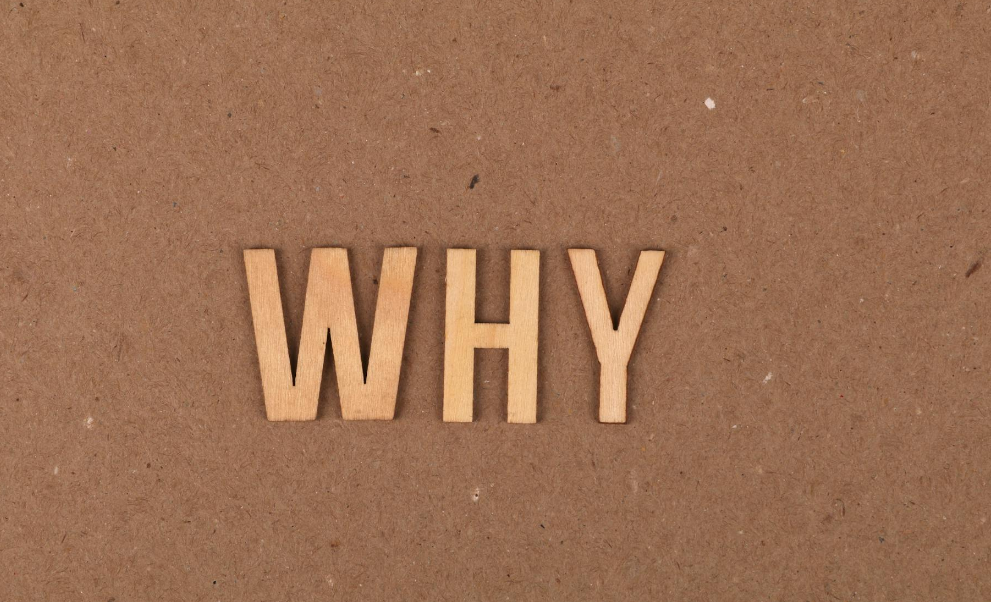The Challenge of Standing Up to Loved Ones
Its Hard
Standing up for oneself is often portrayed as a quintessential act of self-assertion and strength. Yet, when the individuals involved are those closest to us—our family and friends—the dynamics of such confrontations undergo a profound transformation. This act, inherently challenging, becomes even more complex within the tapestry of emotions and expectations that define our closest relationships.
Let’s delve into why this challenge exists and explore ways to navigate it.
1. The Family Dilemma
First Reason: Expectations and Familiarity When it comes to family, we carry certain expectations. We assume that they should understand us better than anyone else. After all, they’ve witnessed our joys, sorrows, and vulnerabilities. But therein lies the problem: familiarity can breed complacency. We hesitate to assert ourselves because we fear rocking the boat. We’d rather avoid confrontation and maintain harmony.
Second Reason: Exhaustion Life can be draining. We juggle responsibilities, work, and personal struggles. When we’re tired, standing up for ourselves feels like an additional burden. We weigh the cost of confrontation against our depleted energy reserves. Often, exhaustion wins, and we remain silent.

2. The Pain of Self-Defense
When we do muster the courage to defend ourselves against loved ones, it hurts. Why? Because we expect understanding and empathy from them. When they don’t meet our expectations, disappointment stings. We may forgive them for our own sanity, but the emotional wounds linger.
3. The Complexity of Being Human
Our minds are intricate landscapes. The human brain, with its myriad thoughts, emotions, and memories, defies simplicity. Navigating this complexity isn’t easy. We grapple with conflicting desires: the need to express ourselves versus the fear of hurting someone we care about.
4. The Struggle Within
Life is a constant struggle. But avoiding confrontation isn’t the solution. Suppressing our feelings doesn’t lead to resolution; it merely postpones the inevitable. Instead, we must engage with life’s challenges. Embrace the struggle, learn from it, and grow.
5. The Regrets of Silence
When we retreat behind closed doors, shielding our ego, we miss out on precious moments. Life is fleeting, and regrets accumulate. We wonder about the paths not taken, the words left unsaid. But regret is a heavy burden—one we can lighten by speaking our truth.
6. The Power of Adaptation
As humans, we possess immense potential. Our minds can adapt and change. Standing up for ourselves requires acknowledging this power. We can transform hurt into growth, resentment into forgiveness.
7. The Shortness of Life
In the grand scheme of things, life is too short to harbor grudges or take ourselves too seriously. Forgive, release the hurt, and move forward. Cherish the moments with loved ones, even if it means navigating difficult conversations.
Standing up for oneself need not be a path to alienation but can be a stepping stone towards greater understanding and deeper connections. After all, the true strength lies not in the ability to defend against loved ones, but in the courage to reconcile and grow together.
Discover more from mindstrengthorg.in
Subscribe to get the latest posts sent to your email.

The Lost Art of Common Courtesy:.
How Acknowledging Others Can Strengthen Relationships There was a time when good manners were not just.
Read More
Embracing the Unanswered Whys
Transforming Questions into Growth and Connection Life often feels like a complex puzzle, with pieces that.
Read More

5 Comments
Standing up for yourself is always a struggle and it’s even more difficult when you have to stand up to someone you love. However, I think with practice it gets easier to set boundaries even with loved ones.
So true 👍
Life is definitely short. I’ve learned to value the time I have. Time slips by very quickly.
Your reflections on the complexity of being human and the struggle within resonate deeply. The portrayal of the human mind as intricate landscapes and the acknowledgment of conflicting desires beautifully captures the nuanced experience of navigating life.
The emphasis on embracing life’s challenges, learning from struggles, and growing through them adds a layer of wisdom to your narrative. The regrets of silence and the encouragement to speak our truth highlight the importance of authenticity and open communication.
The recognition of the power of adaptation and the reminder of life’s shortness are poignant insights. The call to forgive, release hurt, and cherish moments with loved ones echoes a profound understanding of the human experience.
Your conclusion, emphasizing that standing up for oneself can lead to deeper connections and understanding, encapsulates a powerful message. Much respect for sharing these thoughtful reflections on the human journey.
Well written Mukta ji ……🖋️👍👌🏻
Thanks